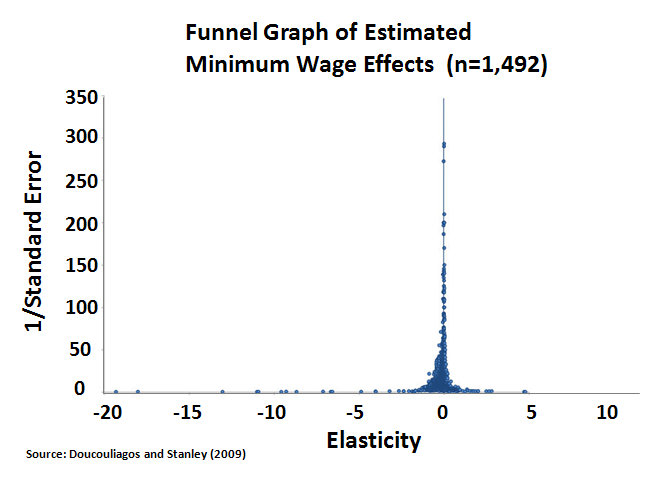Just so I'm clear, I support a raise in the minimum wage, I support more restrictions on corporations to pay all employees better and I empathize with people who have struggles I couldn't fathom. We should encourage others to better themselves and not to feel helpless in life but minimum wage should be seen as a start, not an end.
The FLSA says nothing about a living wage but If you're referring to Churchhills statement on living wage then it's enough for one person to live on in most cases. For example, in Washington it's $11 an which equals ~$1900 a month which is plenty for one individual. Last year it was $9.47 which equals ~$1650 a month, still a living wage.
Furthermore I do agree in raising the minimum wage at a federal level to a more reasonable level, but I do not agree that it should be enough to support a family.
All jobs have fallen behind what they should be if properly pegged to inflation. That's a much bigger issue and there should be some sort of regulation that dictates what CEO's should make in relation to their employees etc.
I mean as long as you ignore the time period in US history where it was, and you ignore the President who ushered in minimum wage's statement on it being a livable wage, sure one could make your argument.
The FLSA says nothing about a living wage but If you're referring to Churchhills statement on living wage then it's enough for one person to live on in most cases. For example, in Washington it's $11 an which equals ~$1900 a month which is plenty for one individual. Last year it was $9.47 which equals ~$1650 a month, still a living wage.
Furthermore I do agree in raising the minimum wage at a federal level to a more reasonable level, but I do not agree that it should be enough to support a family.
It was absolutely intended to be lived off of. If it had been properly pegged to inflation it would actually be around 23$ right now.
This idea that some jobs are not real jobs is an invention of a warped worldview.
All jobs have fallen behind what they should be if properly pegged to inflation. That's a much bigger issue and there should be some sort of regulation that dictates what CEO's should make in relation to their employees etc.





